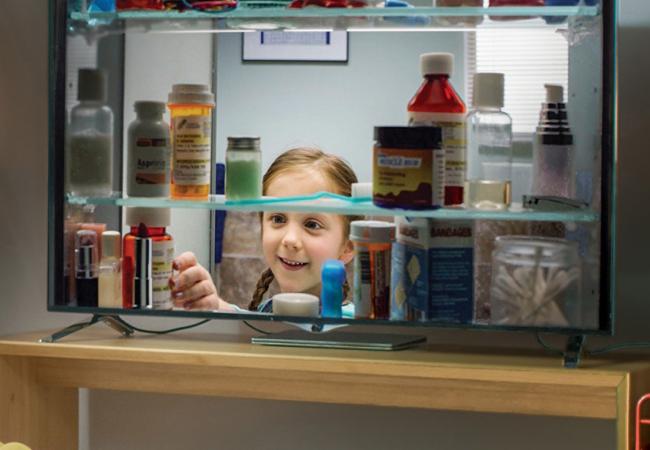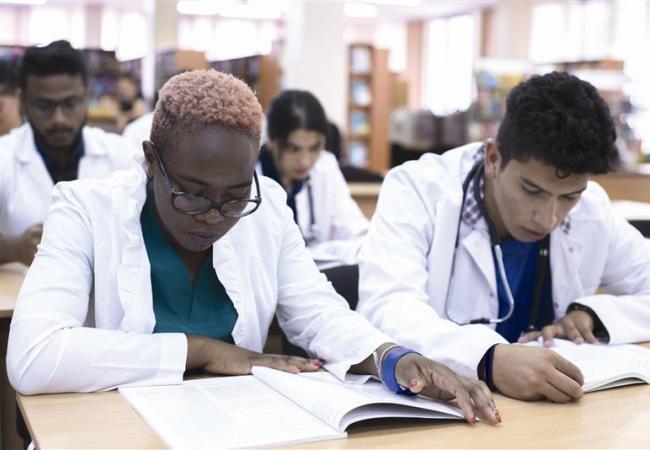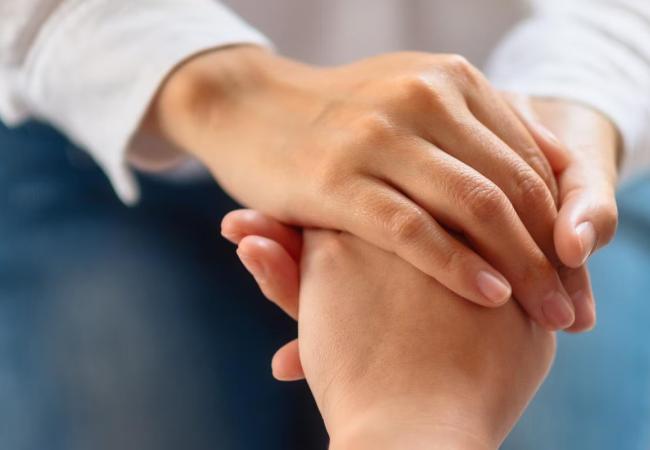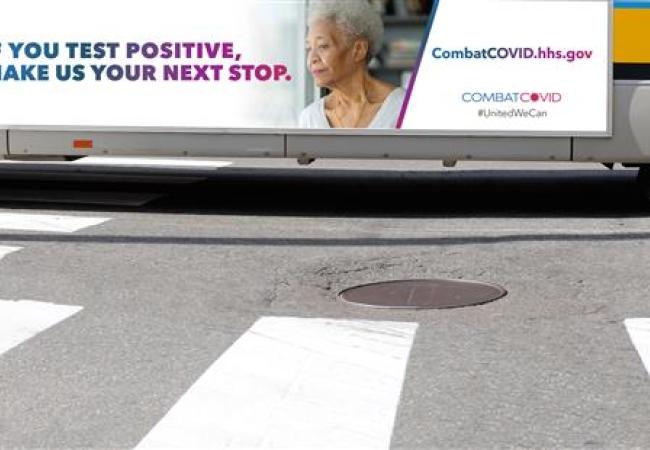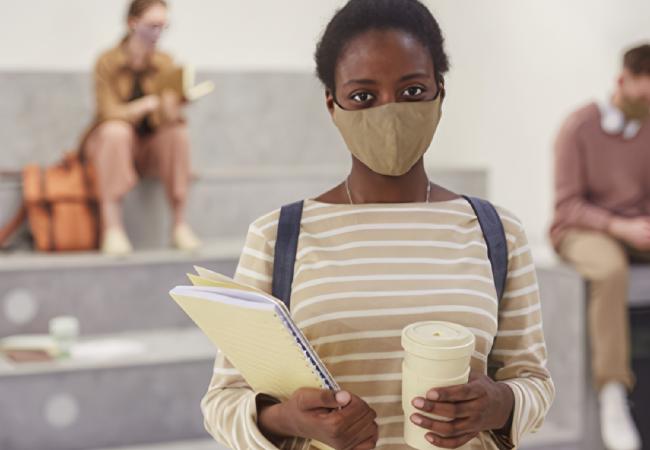Our Impact.
“IQ Solutions has been dedicated to creating meaningful change since our founding. By delivering clear and innovative solutions, we empower individuals and communities to make informed decisions and achieve their goals."
— Ileana Quintas, CEO

Case Studies and Trending Topics.
Driving Progress: Helping Americans With Opioid Use Disorder and Pain Find Solutions Faster
IQ Solutions drives national impact on opioid use disorder & chronic pain by elevating research, patient engagement, and public health communications across the U.S.
Protecting Children, Families, and Pets: Disposal of Unused Prescription Drugs
A FDA campaign to remove unused opioids delivered an estimated 1.8 billion impressions and $36 million in ad value.
AI-Powered Content Workflows Drive Faster, More Effective Health Communication
Applying AI tools accurately to help people manage chronic illness and access healthcare information.
Promoting Nurses as Champions for a Healthier America
IQ Solutions helped nurses establish 50 State Action Coalitions that advanced nursing education and increased RN-to-BSN enrollment by 57%.
Increasing Access to Lifesaving Resources for Individuals Facing Mental Health Challenges
More than one in five U.S. adults experience mental illness each year, IQ Solutions developed multilingual materials and digital content that reached 13K+ patients and healthcare providers annually.
Expanding Critical Support Networks for New Mothers Experiencing Maternal Mental Health Challenges
IQ Solutions redesigned the HRSA Maternal Mental Health Hotline webpage, leading to a 503% increase in hotline calls.
From Crisis to Cure: Delivering COVID-19 Treatments Through Operation Warp Speed
Extensive campaign efforts led to more than 3.5 million Combat COVID touchpoint interactions and 15 million impressions throughout the United States.
Helping Uninsured and Underinsured Americans Get the Updated COVID-19 Vaccine
IQ Solutions increased awareness for the COVID-19 vaccine and achieved more than 1.4 billion impressions for the CDC's Bridge Access Program.
Telehealth offers promising way to provide substance use disorder treatment during pregnancy
Compassionate care and reducing stigma improve health outcomes.
Natural Disasters Threaten Children’s Mental Health
The youngest generation will face many more weather-related disasters.
Elevating the Community Voice about Tobacco-Related Issues through Mixed-method Research
Connecting youth intermediaries with youth tobacco use prevention education.

